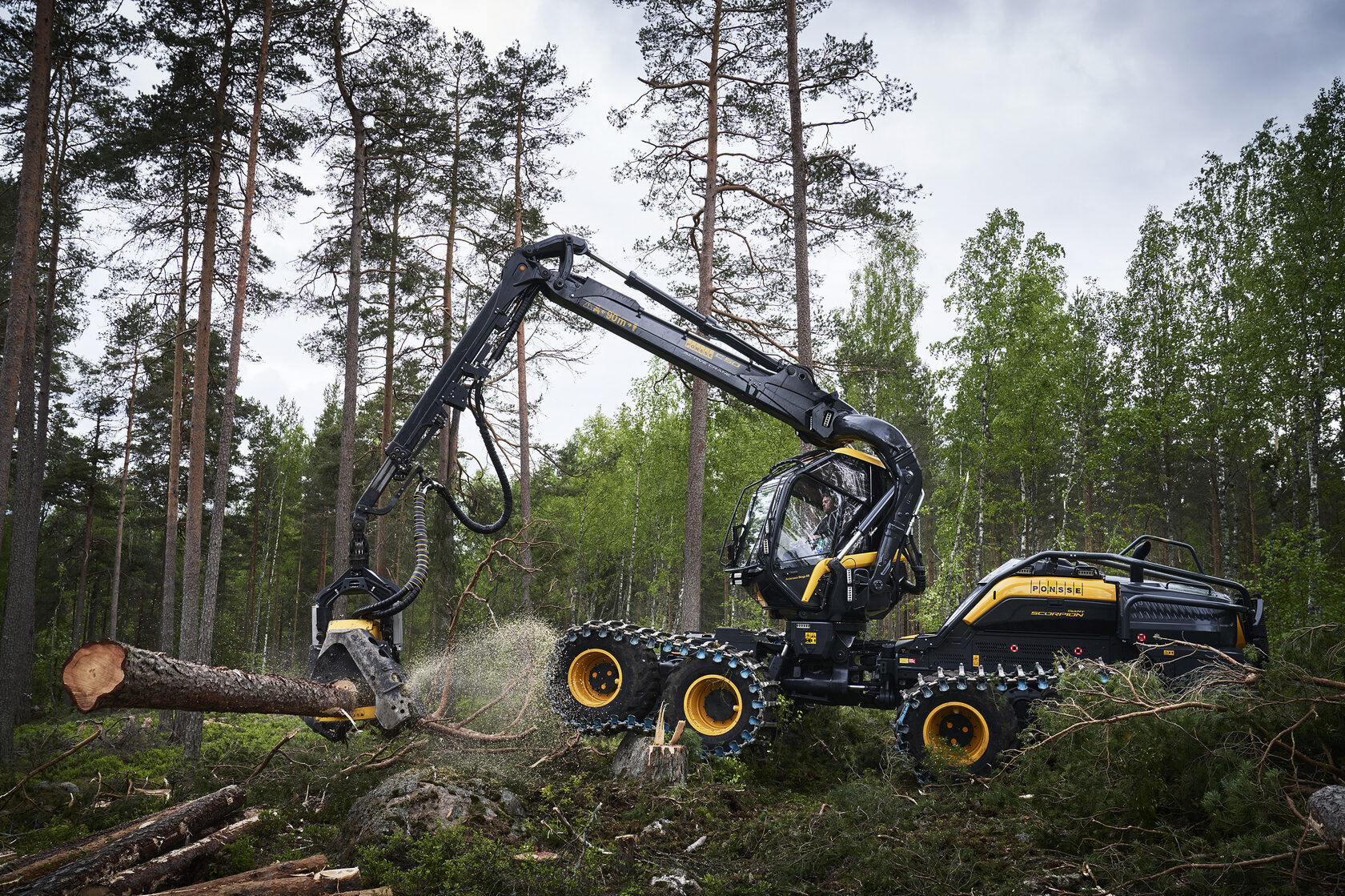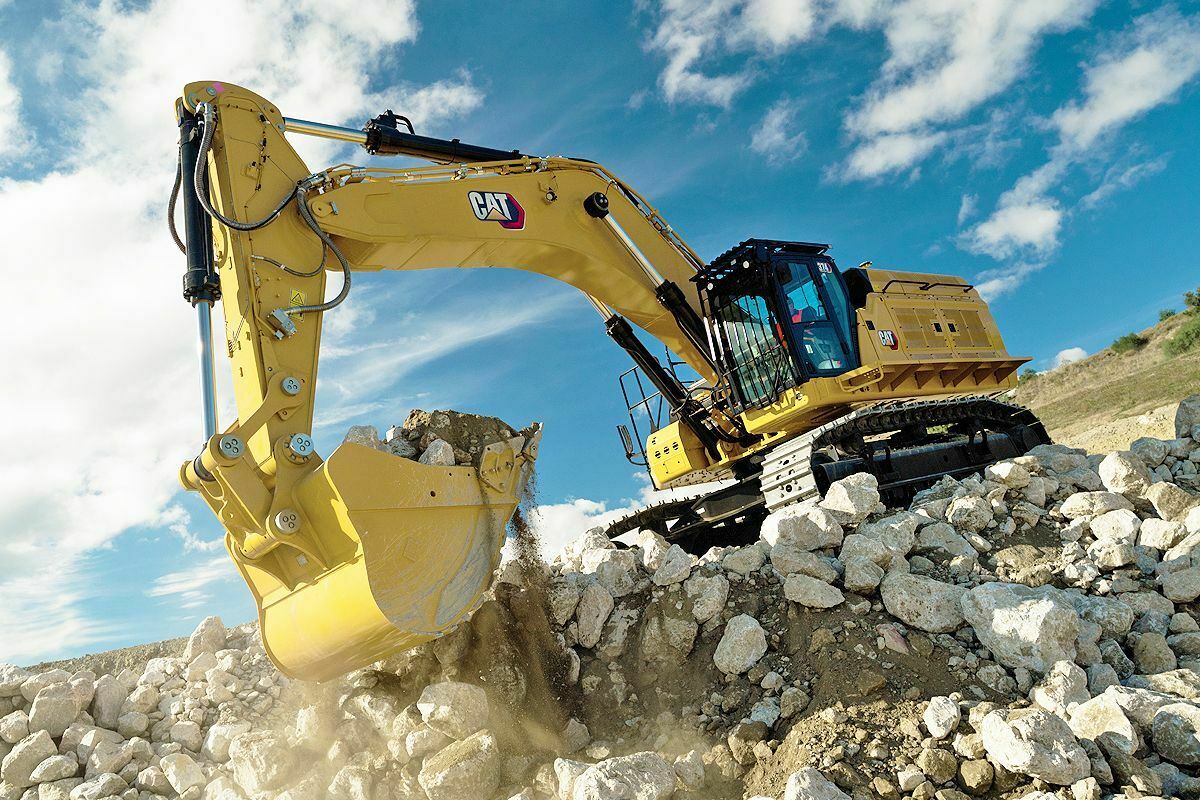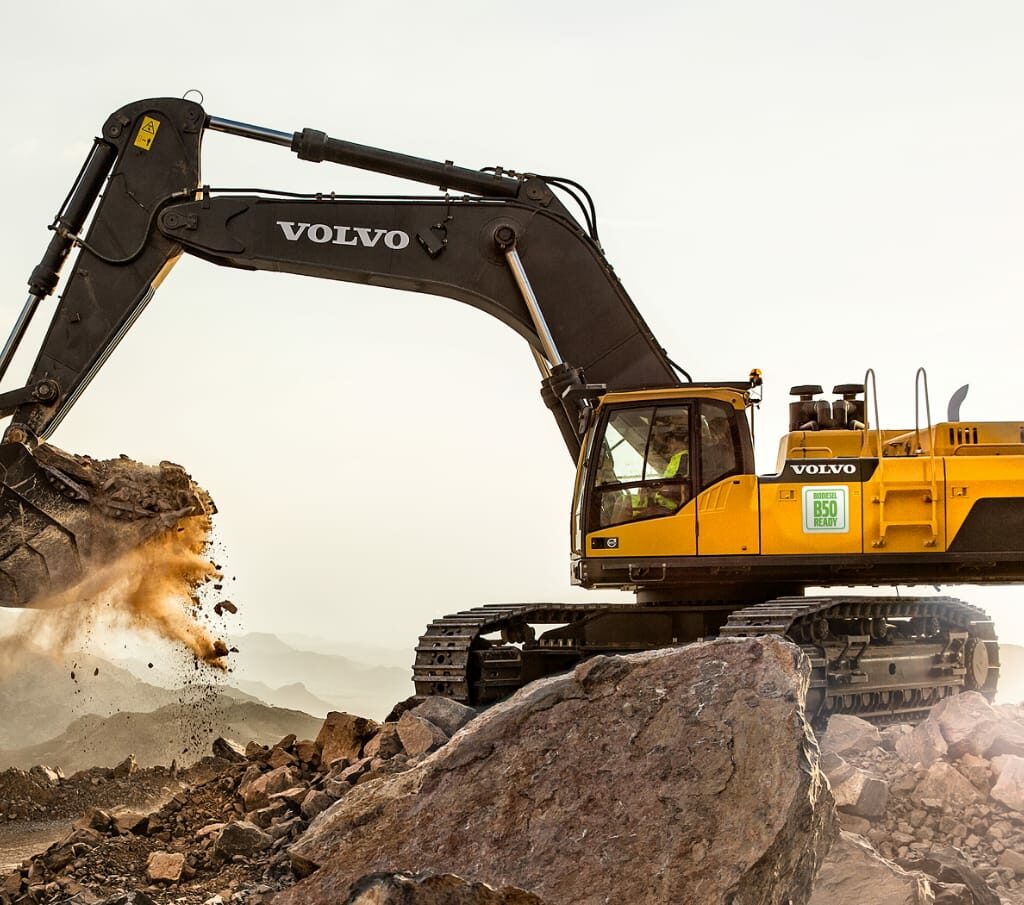In the world of modern technology and innovation, industry breakthroughs have become a crucial key to successful competitiveness. Three industrial giants—Ponsse, Caterpillar, and Volvo Construction Equipment—revolutionised their sectors by embracing augmented reality (AR) technologies. They not only overcame the challenges they faced in sales, expert support, and production but also achieved significant improvements in efficiency, product quality, and training. Let’s explore how these companies leveraged the potential of AR to overcome obstacles and reach new heights.
Ponsse
Ponsse is a company based in Finland that operates in more than 40 countries. In 2022 alone, the company’s net sales revenue reached € 755.1 million.
In terms of sales, in addition to its own sales representatives, Ponsse relies on a vast network of partners. The company actively expands its product line, making it a top priority to equip its partners with the necessary technical knowledge to effectively communicate with customers. To solve the challenge of rapidly and effectively training personnel at dealer centers worldwide, Ponsse implemented AR technology into its processes.
Ponsse
Ponsse is a company based in Finland that operates in more than 40 countries. In 2022 alone, the company’s net sales revenue reached € 755.1 million.
In terms of sales, in addition to its own sales representatives, Ponsse relies on a vast network of partners. The company actively expands its product line, making it a top priority to equip its partners with the necessary technical knowledge to effectively communicate with customers. To solve the challenge of rapidly and effectively training personnel at dealer centers worldwide, Ponsse implemented AR technology into its processes.

Issue:
- The need to provide a wide network of partners worldwide with knowledge about the technical aspects of the products to ensure successful interactions with customers.
Solution:
- Implementation of an augmented reality platform to support and train sales department employees at all Ponsse dealer centers worldwide using smart devices such as tablets and smartphones. This technology enables sales representatives to access up-to-date materials about the equipment 24/7, including during customer negotiations.
Impact:
- Acceleration of the training process for dealer center sales representatives.
- The ability to quickly and conveniently share data about the equipment.
- The ability to visually demonstrate equipment, individual components, interactive 3D content, images, and videos to present the product during meetings.
- Increased customer interest and loyalty.
Caterpillar
Caterpillar is an American company, the world’s largest manufacturer of construction and mining equipment, natural gas engines for industrial applications, industrial gas turbines, and diesel-electric locomotives, among other products.
The company has been in existence for nearly 100 years, continuously growing and expanding production to provide users with a high-quality equipment experience. Today, it has over 480 branches in 50 countries across five continents. With a wide network of dealers worldwide, Caterpillar aims to provide dealer center employees and partner networks with the necessary knowledge for equipment repairs and the ability to interact with remote experts in real-time. To achieve this goal, the company utilises augmented reality.

Issue:
The need to provide dealers with effective real-time expert support to improve service quality.
Solution:
- Implementation of an augmented reality-based remote support platform for the construction and heavy industry, accessible to over 160 CAT dealers, users, and other individuals operating under the Cat brand worldwide. The platform enables remote connections with experts, sending necessary materials, ensuring precise execution by workers, and documenting the process for accountability, performance assessment, and knowledge retention.
Impact:
- CAT dealer center employees and partner network staff can receive real-time expertise from the manufacturer, access schematics, repair manuals, and instructions, as well as receive live guidance directly from product experts.
- Data on performed repair work is recorded in the Caterpillar cloud platform, which collects and summarises telematics data from machines and data from worksites across all equipment. The platform is accessible to all equipment users, numbering over 1.2 million people.
Volvo Construction Equipment
Volvo is a global manufacturer of trucks and industrial engines with more than 100,000 employees across production sites in 18 countries.
Volvo creates high-quality, complex products with unique configurations. For example, each produced engine undergoes 40 checks and 200 quality control points that must be completed at stations in just eight minutes.
To optimise processes related to the development, creation, and quality control of new products, accelerate the training of new employees, and improve communication between performers at different production stages, augmented reality technology was implemented. The primary requirement for the platform was the ability to scale and integrate with applications and processes used within the company.

